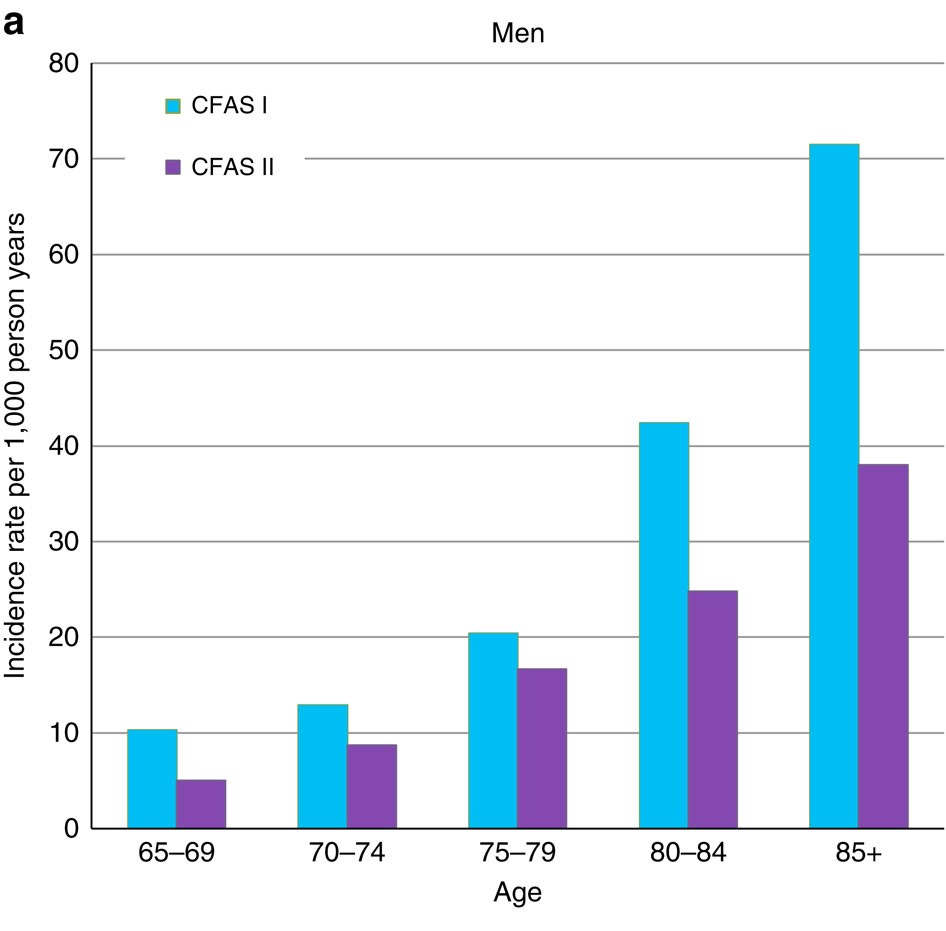Posts Tagged ‘ageing’
Collaborative neuroimaging initiative BrainChart helps chart how brains change across the lifespan
For decades, growth charts have been used by paediatricians as reference tools. The charts allow health professionals to plot and measure a child’s height and weight from birth to young adulthood. The percentile scores they provide, especially across multiple visits, help doctors screen for conditions such as obesity or inadequate growth, which fall at the…
Read MoreHow to properly “Use it or Lose it”: Kundalini Yoga vs. Crossword Puzzles
Yoga better than crosswords for preventing pre-Alzheimer’s memory loss (The Telegraph): “Historically and anecdotally, yoga has been thought to be beneficial in ageing well, but this is the scientific demonstration of that benefit…We’re converting historical wisdom into the high level of evidence required for doctors to recommend therapy to their patients.
Read MoreUK study: Dementia rates significantly lower than forecasted–especially for men–highlighting the protective role of lifestyle and education
Drop in dementia rates suggests disease can be prevented, researchers say (The Guardian): “In the UK, dementia has fallen by a fifth over the past 20 years, possibly down to lifestyle and education changes, highlighting benefits of preventative action… A team from three British universities concluded that as a result the number of new cases…
Read MoreFirst Report of the Council on the Ageing Society
The Council on the Ageing Society is one of the Global Agenda Councils created by the World Economic Forum in 2008. It addresses global issues associated with our ageing society and has the task of challenging prevailing assumptions, monitoring trends, proposing solutions, devising strategies, and making public policy proposals. It is composed of scientists, public…
Read MoreCouncil on the Ageing Society, at the Summit of the Global Agenda
Heading to Dubai today (a 15-hour direct flight!), coming back to San Francisco next Monday. Last year I wrote about this remarkable new initiative by the World Economic Forum here (proposal) and here (reflections, emerging discussion). This year’s update: Overview: Network of Global Agenda Councils List of Councils: Here List of Members: Here Members of…
Read More



